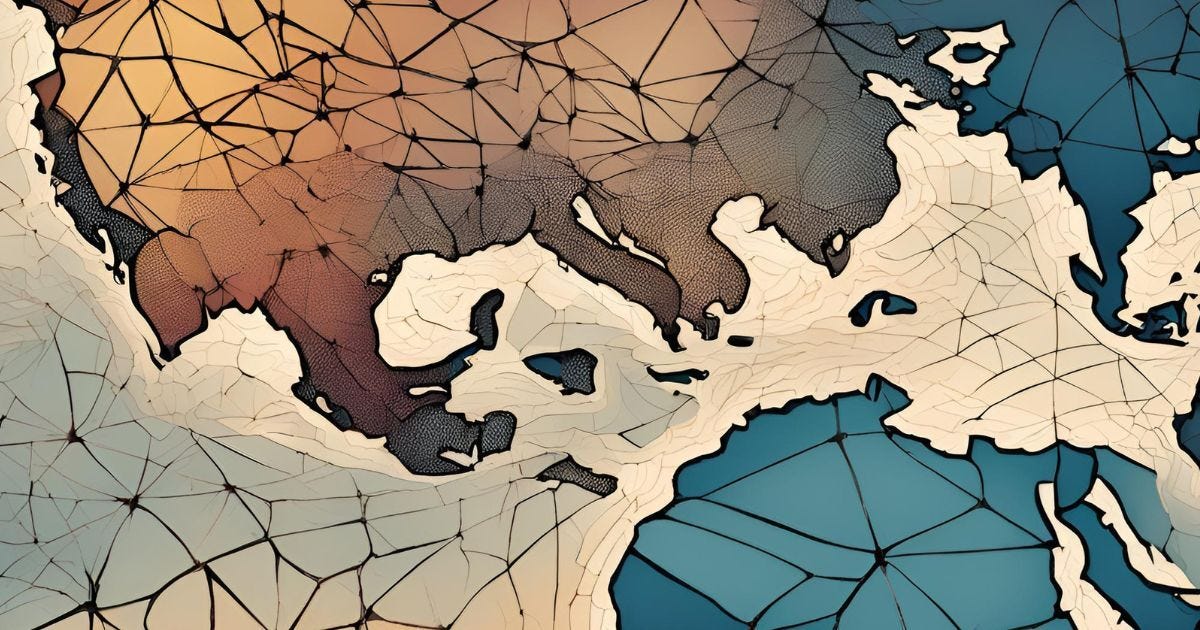Diplomatic Chaos: The Cultural Rift Splitting the West
There is a cultural disconnect in how nations share information, assert authority, and handle change.
The unfolding diplomatic situation between Trump, Zelenskyy, and world leaders shows a cultural disconnect in how nations share information, assert authority, and handle change.
Trump makes direct accusations. Zelenskyy responds through diplomatic channels. European allies seek stable solutions.
What path leads to effective global diplomacy? It all depend…




